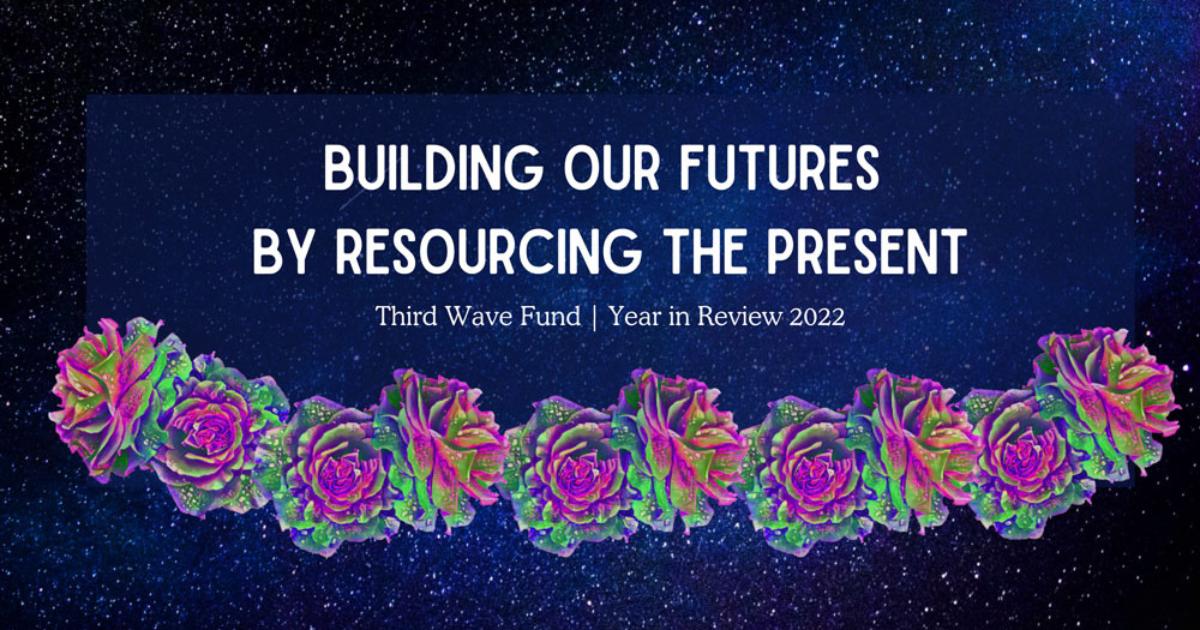Disability Frontlines Fund
The Disability Frontlines Fund focuses on directly resourcing groups across the United States and Territories that centers and builds the leadership of Black, Indigenous, People of Color (BIPOC) who identify as D/disabled, living with disabilities, D/deaf, hard of hearing, chronically sick/ill, neurodivergent, and/or mad, and who practice Disability Justice. We resource these communities in order to create impactful, intersectional and sustainable movements to address issues facing BIPOC disabled individuals and communities in an ableist world.

Fund Status
The Disability Frontlines Fund is currently in a learning stage. In the Spring of 2022, we awarded two-year, general operating learning grants to better understand and build relationships with key groups in the field, while leading with resources and financial support. With the lessons gained from these learning grants, we will be developing and refining our grantmaking strategy for this fund.
While this fund is not currently accepting applications for new funding at this time, we’ll be providing information on future grantmaking cycles after this cycle of learning grants concludes in 2024.
History
The Disability Frontlines Fund started in late 2021 with a field analysis of the funding landscape for Disability Justice organizations. For this process, we interviewed ten BIPOC DJ leaders - Patty Berne, Lydia X.Z. Brown, Daphne Frias, Elliot Fukui, Sandy Ho, Najma Johnson, TL Lewis, Leroy Moore, and Max Vega. From these interviews, we developed a strategy to fund grassroots BIPOC groups practicing DJ, while still doing our own learning and development. These two-year learning grants are helping us develop and refine our longer-term grantmaking strategy.
We’ve seen traditional philanthropy tend to engage in education while simultaneously holding back with its dollars during its learning period. In order to disrupt this, our first cycle of learning grants seek to resource groups while also allowing us to learn from their strategies, priorities, and success.

FAQs
Advisory Council
Make a donation
Want to join the groundswell of donors that make our grantmaking possible? Make a donation today so we can continue to fund the critical work of youth-led gender justice movements.





